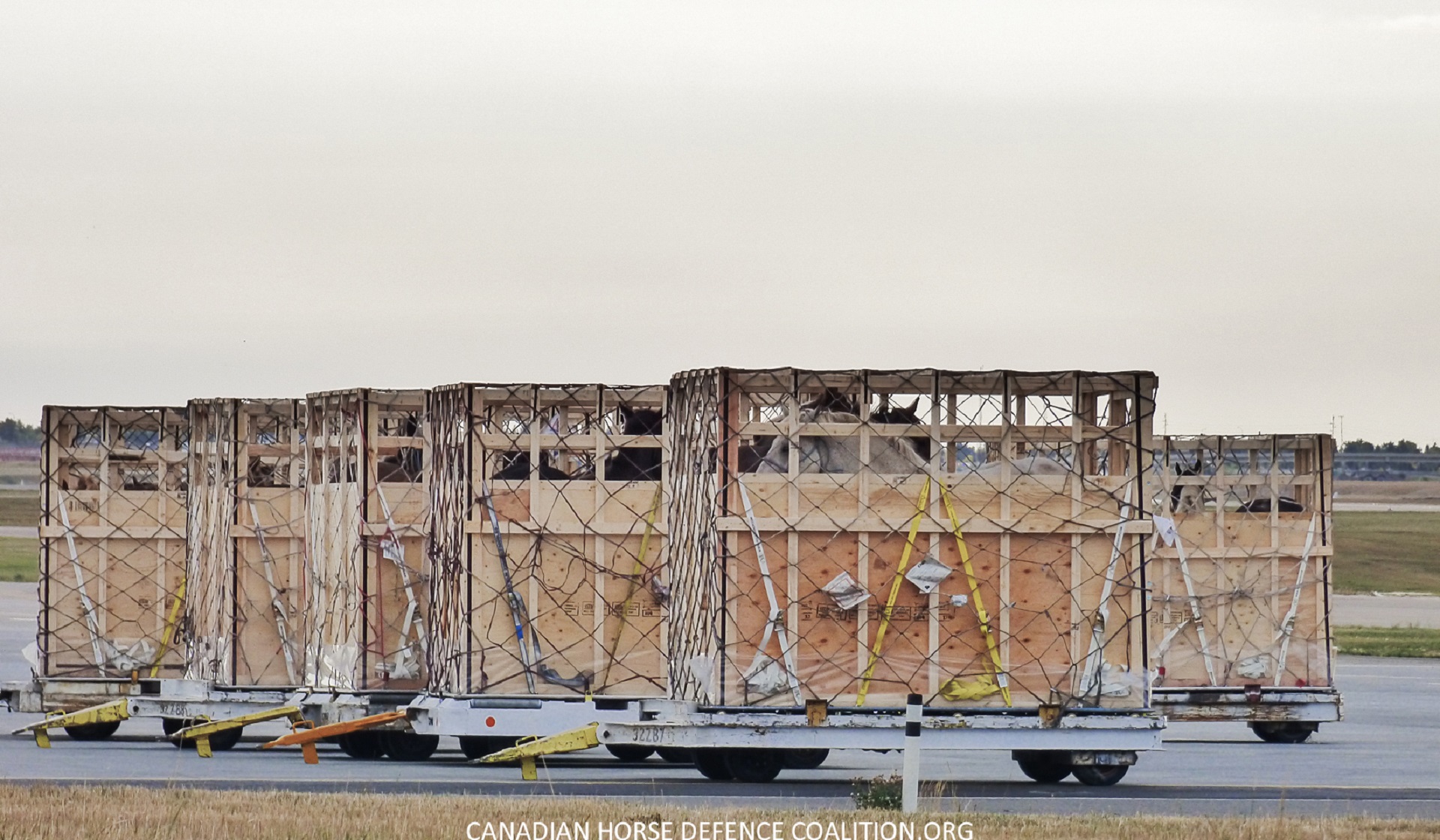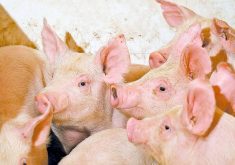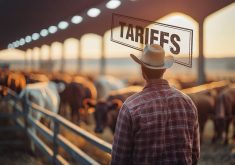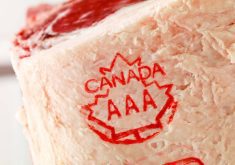An Alberta organization is welcoming the American Meat Institute’s “Glass Walls” project. “We should have done this years ago,” said Heini Hehli, chair of Alberta Farm Animal Care (AFAC).
The “Glass Walls” project (http://animalhandling.org) posted a beef packing plant video online in 2012 and added a pork video in May 2013. The videos feature narration by by well-known animal welfare researcher Temple Grandin, and have garnered considerable interest from the public as well as producers.
“I think it’s a very good approach. It’s a unique approach,” Hehli said, However, he pointed out that watching the videos, which take viewers through the slaughter process, might not be for everyone.
Read Also

Horns aren’t unlocking anytime soon on livestock transport standards
Standards good enough meet the definition of “humane” animal transportation still vary widely between what what industry wants, what animal rights advocates want and, between the two, what federal regulators decide is good enough.
Some consumers are interested in what’s happening, and while others might not want the intimate details of what happens in processing plants, it’s good to have the option of showing them, Hehli said, especially when animal rights groups show their own videos.
“Those that would discredit us, they can no longer do that,” Hehli said. “We’ve got to be wide open.”
Those that don’t want to watch the videos might still be reassured by the fact that they exist, simply because it means the industry is willing to show its practices, Hehli said. “To me, that’s the biggest victory in this whole approach. Now with this, they know it’s done well.”
AFAC executive director Lorna Baird said board members have been taking it to their commodity groups and other contacts.
“We support this kind of initiative where people are aiming to promote what’s working well in the industry,” Baird said. She agreed with Hehli that it’s good to have the videos there for the curious and to show the industry has nothing to hide, but noted regular operations aren’t as “appealing and sexy to the media” as videos of a sort touted by animal rights groups.
“That’s why having lots of normal stuff out there, it might not seem as impactful as one horrible story, but we can say… ‘this terrible case, it’s the exception,’” she said.














